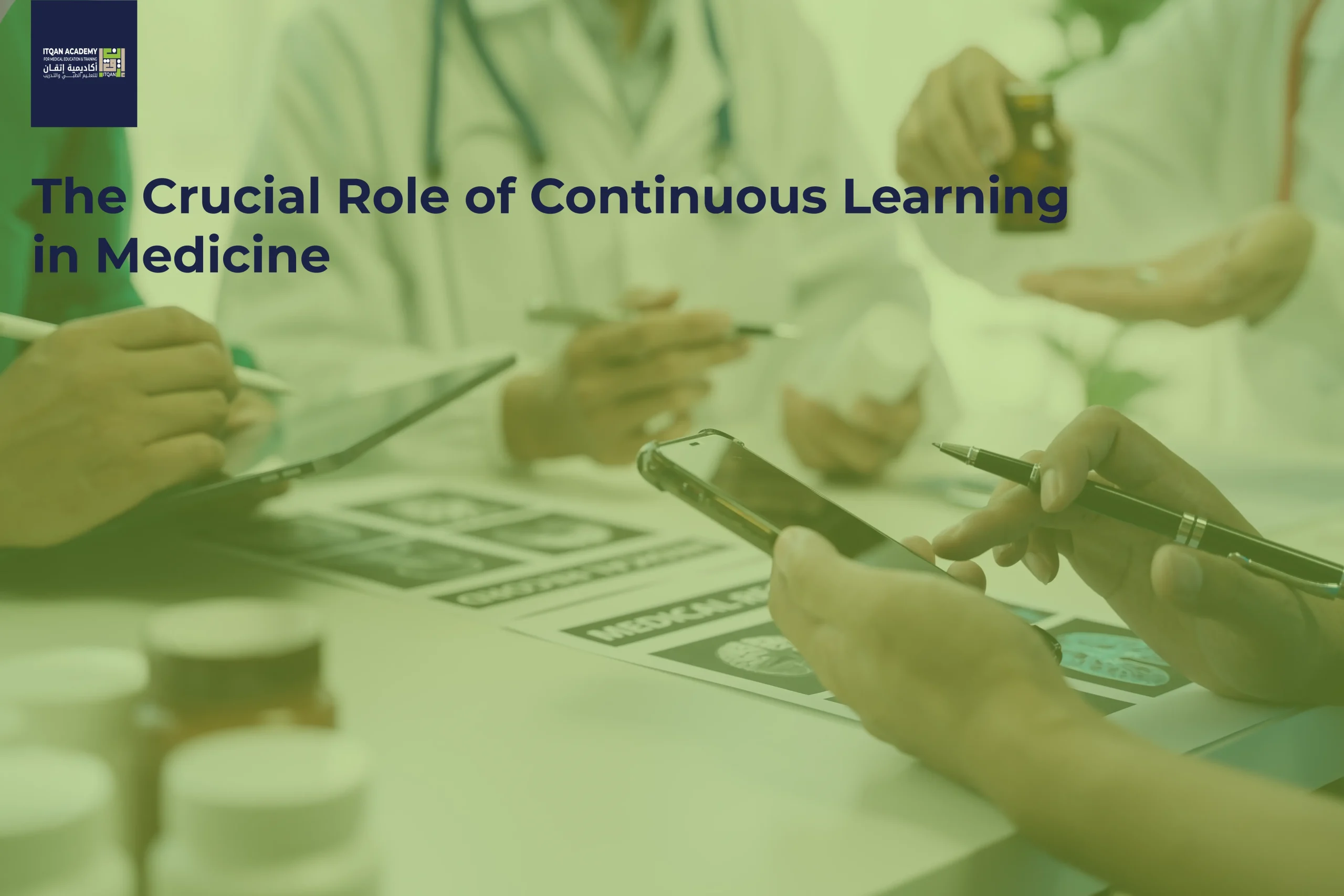In the dynamic world of healthcare, where advancements and discoveries are a constant, the commitment to continuous learning becomes paramount. Healthcare professionals, from seasoned doctors to aspiring medical students, must embark on a journey of perpetual education to ensure the delivery of the highest quality care. Let’s delve into the pivotal role continuous learning plays in shaping the healthcare landscape.
The Evolving Nature of Medical Knowledge
The field of medicine is in a perpetual state of evolution, with new research, technologies, and treatment modalities emerging regularly. Continuous learning ensures that healthcare professionals stay abreast of these changes, adapting their practices to integrate the latest evidence-based approaches.
Enhancing Patient Care through Informed Practice
One of the direct outcomes of continuous learning is an enhanced ability to provide comprehensive and cutting-edge care to patients. Informed by the latest research and best practices, healthcare professionals can optimize patient outcomes and contribute to the overall improvement of healthcare quality.
Navigating Technological Advancements
In an era of rapid technological advancement, healthcare professionals must navigate an ever-expanding landscape of diagnostic tools, treatment options, and digital health solutions. Continuous learning equips them with the skills and knowledge needed to leverage these technologies effectively, ultimately improving patient care.
Fostering Innovation in Healthcare Delivery
Continuous learning fosters a culture of innovation within healthcare institutions. Professionals who actively seek out new knowledge are more likely to introduce innovative solutions, from streamlined administrative processes to novel patient care approaches, thereby contributing to the overall progress of the healthcare sector.
Adapting to Shifting Demands and Challenges
The healthcare landscape is not without its challenges, whether they be global pandemics, demographic shifts, or emerging diseases. Continuous learning prepares healthcare professionals to adapt to these challenges, ensuring resilience and the ability to provide optimal care in any circumstance.
Career Advancement and Professional Fulfillment
Beyond the direct benefits to patient care, continuous learning opens doors for career advancement and professional fulfillment. Healthcare professionals who invest in their education often find themselves better positioned for leadership roles, research opportunities, and a deeper sense of satisfaction in their careers.
Conclusion:
In a profession where lives are at stake, the importance of continuous learning cannot be overstated. It is not merely a professional obligation; it is a commitment to excellence and a testament to the dedication healthcare professionals have for their patients. As we navigate the intricate web of medical advancements, challenges, and innovations, the beacon of continuous learning guides us toward a future where healthcare is not just a practice but a dynamic force for positive change.
